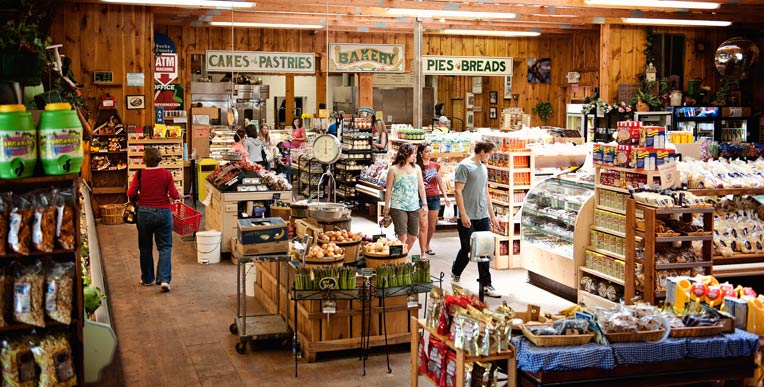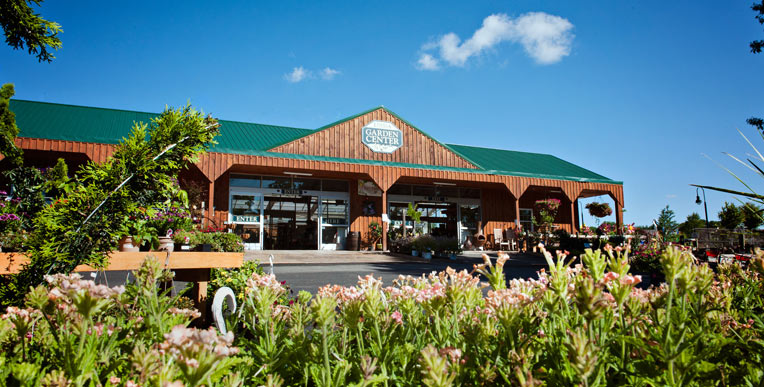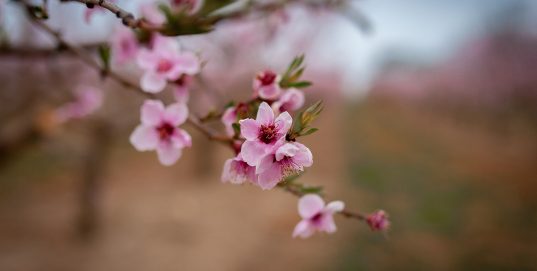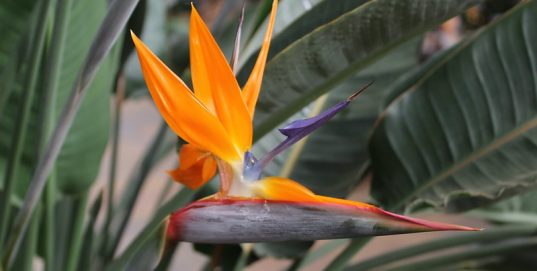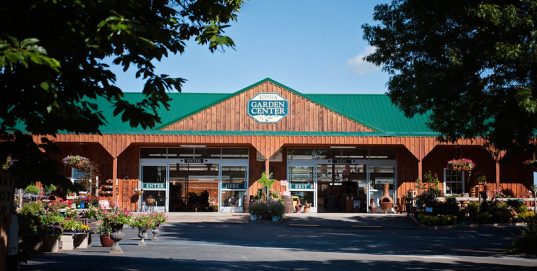Sixty Seconds with Judi
This week just before the snow landed in my yard, I happened across a dandelion in my garden. I know most people would not be happy to see a dandelion anywhere in their yard, but for me it was a promise of Spring. I understand this is a fake spring, a thaw before another freeze. I am not naïve enough to believe that old man winter is through with us yet. However, think of this as a sign from Mother-Nature to begin sowing some of your plants indoors. My favorite seed company Botanical Interests sends me these great little bits of advice for their seeds periodically. I learn something new with every newsletter. This time I decided to pass along their recommendations for peppers. So, enjoy reading the little excerpt below and remember now is the time to come in and see me for your organic Botanical Interest seeds and all your other organic seed starting materials.
Peppers
Now’s the time to start thinking about sowing peppers indoors! Whether you like the heat or like them sweet, peppers are a kitchen staple.
Temperature is crucial for starting peppers. Pepper seeds germinate much faster if the soil/media is kept at 70°-90°F. At cooler temperatures, they can either fail to sprout, or sprouting may take a month. The longer seeds take to emerge, the more susceptible they are to rotting in the wet conditions or being attacked by fungus in the media. Seedling heat mats are especially helpful in maintaining warm soil for peppers. Once germinated, peppers can be grown at air temperatures of 60°F at night and 70°F during the day.
Peppers are very frost sensitive, so wait to harden off until outdoors temperatures are frost-free and settled. Soil should be over 55°F when peppers are transplanted. If your spring warm-up is lagging, use plastic mulch or season extension products like hot caps or walls of water to warm the soil.
Peppers do not set fruit in periods of extended cool temperature (below 55°F) or hot (over 90°F daytime and over 75°F nighttime) temperatures. Fertilizing with kelp or seaweed can help plants with stress from heat, drought, or transplanting.
What makes peppers hot?
A class of compounds called capsaicin (derived from peppers’ genus name) gives chile peppers their spiciness. Capsaicin occurs mostly in the light-colored ribs (also called pith) inside the pepper. The seeds contain very little or no capsaicin, but are often hot because they come in contact with the capsaicin from the ribs. Capsaicin may have several health benefits. Some of the possibilities being studied are increased metabolism, appetite suppression, decreased heart disease, reduced pain perception, and heartburn relief (believe it or not!). Like your peppers hot? The more mature the pepper fruit, the hotter the pepper will be. Stress, such as drought, will also make peppers hotter. You can cause stress to the plant by cutting back on watering after fruits have started to develop so the soil stays dry, but be careful not to let the plant wilt! However, drought stress may reduce yields.
Join us this week at Linvilla Orchards for:
Our Succulent Container Garden is Saturday, February 24th at 10am. The helpful Garden Center Staff will guide you as you build your very own succulent or cactus container Garden. Class includes your choice of 3 plants, soil, stones, and beautiful planter. Please call (610) 876-7116 to register. Fee $35
Gardening with Children is on Sunday, February 25th 10am. This month Miss Marcia will be having fun with vegetables. There are so many different vegetables, this class will introduce you to many of them and help you to start your own vegetables from cuttings. As always, a fun craft will be included. Please call (610) 876-7116 to register. *No Charge*
Indoor Mini Golf is open every day from 9am and the last tickets are sold at 4pm. Linvilla Orchard’s Fore! The Planet is a highly interactive and playful museum exhibit created by the Academy of Natural Sciences in Philadelphia! This exhibition pairs important environmental issues with the fun of miniature golf. We have 18 unique educational holes to explore butterfly metamorphosis, a tropical rain forest, evolution, dinosaur extinction, food chains, and more. Perfect for kids of all ages, your entire family will enjoy playing miniature golf while learning about our environment – every step of the way!

